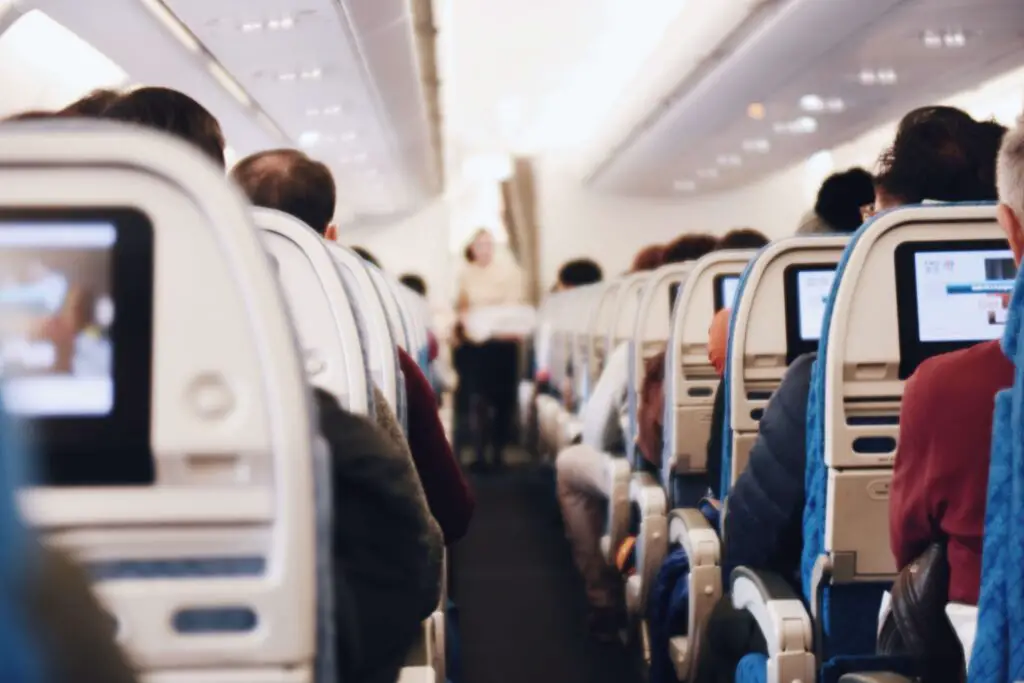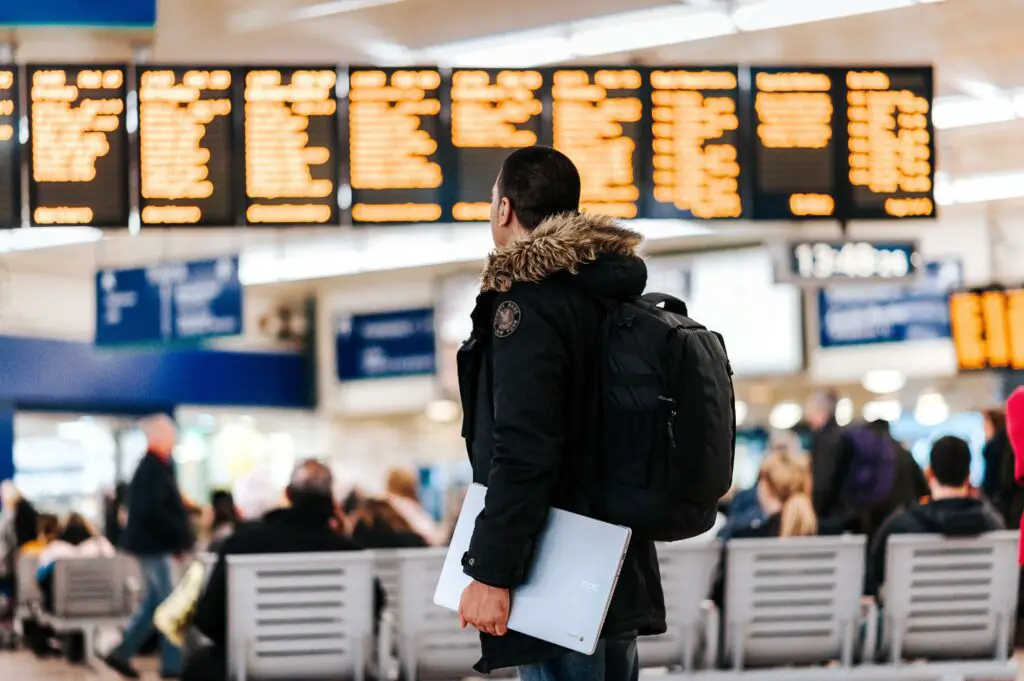Overcoming the hurdle of deciding where to go on a family trip can be substantial, but then the planning begins. Travelers who do not often book substantial trips will often have the same questions about working with third party booking sites and travel agents. Is it going to cost me more money? Am I going to be able to make changes? What happens if…? The first step in making the decision of with whom to book is understanding how these sites, agents and direct travel bookings differ and operate.
 How do Third Party Travel Sites work?
How do Third Party Travel Sites work?
Third party travel websites (also called Online Travel Agencies or OTAs) are the “middle man” of the travel world. They can be alluring to travelers since they can book all of their travel needs (flight, hotel, activities, car rental, etc.) in one place. Sometimes a “deal” on a flight or room may appear through an OTA that they aren’t seeing elsewhere.
OTAs operate in a few different ways. In a merchant model, the OTAs purchase bulk inventory at a discount and re-sell it. In an agency model, the OTAs is the conduit from the travel partner to the customer for a cut of the sale (service fee, commission, etc.). Advertising (like sponsored results and pay-per-click) help the OTAs make money as well. Selling add-ons like travel or trip insurance provides another revenue stream to OTAs.
OTAs come in a variety of sizes. Some of the best known OTAs are Expedia, Priceline, Trivago, Booking.com, and Travelocity. Travelers will also see smaller OTAs pop up in searches or as the booking option within Google Flights. OTAs function as a search engine of available flights, rooms, etc. If a consumer spots see a deal, it may be something that airline or company is trying to promote.
How do Travel Agents work?
Travel Agents have access to booking portals that are limited to professionals with accreditation. The travel partners on the portal pay commissions for the booking, typically after the travel occurs. The prevalence of OTAs and challenges to the travel industry have required some travel agents to charge fees for the use of their time putting together itineraries and booking services.
Travel Agents offer ease of booking and confidence for travelers visiting new destinations. Many agencies or specific agents choose a niche to focus on and become true experts in that destination or style of travel.
 Is it better to book with OTAs, Travel Agents, or Direct with Airline or Hotel?
Is it better to book with OTAs, Travel Agents, or Direct with Airline or Hotel?
Since travel is not something most people book everyday, the thought of doing something wrong, booking in a way that prevents necessary changes, or not getting the best deal can overwhelm consumers. Here is a separate article that details what options exist if the traveler or the airline need to cancel or make a change depending on how the travel was booked. The question is with whom should I book with?
Online Travel Agencies/Third Party Travel Websites
Pros:
- Convenience – The one stop shopping available through OTAs has to be their greatest attribute. Many OTAs suggest a hotel, rental, or activities as the consumer complete their flight selection. Some airlines websites as well (i.e. Allegiant Airlines). Knowing that all of reservations are tied together feels very convenient.
- Possibly Price – OTAs are sometimes able to offer a flight or hotel at a better price due to an abundance of wholesale availability, a flight route being pushed by an airline partner or even as an effort to achieve loyalty from a customer.
- Infrequent Flyer/Traveler – If a consumer does not frequently travel, saving some money or the benefit of convenience may make OTAs the best option.
Cons:
- Customer Service – Customer service from OTAs varies widely. Just like airlines, they get overwhelmed with calls when there are mass cancellations. Customer service policies and pricing on changes vary widely among OTAs as well. It can be difficult to get reviews and policy information for the smaller OTAs, making it a riskier choice.
- Travel Credit Cards, Points and Miles – Although consumers can earn travel miles through some OTAs when booking a flight, every OTA is different. Depending on with whom the purchase may limit the ability to utilize your rewards. Travelers may also miss out on perks of travel cards like discounts, upgrades, and status opportunities.
- Not Live Pricing – Travel shoppers may get excited about a fare or hotel price and proceeded to book only to find out that opportunity no longer is available. Some OTAs do not have live pricing meaning what appears on the screen (especially if the consumer takes time to compare) may be inaccurate by the time a decision is made.
 Travel Agents
Travel Agents
Pros:
- Relationship – Developing a relationship with a travel agent provides piece of mind for travelers who do not want to research their own travel.
- Customization – Working with a travel agent allows families the opportunity to ask for what they want, explain limitations or guidelines, and get a response. It can be difficult to find the right location, activities, etc. on the internet without that guidance.
- Comfort – Speaking to a real person allows consumers to be more comfortable. A travel agent who is knowledgeable about the destination can speak from first hand experience and address any questions or concerns that are specific to the travelers.
Cons:
- Trust the Planning – This is a con for travelers who enjoy doing research and understanding more directly what the trip will entail. If a travel agent is booking on behalf of the consumer, they won’t have first hand interactions with guides and places they are staying.
- Possible Added Fees – If the agent charges additional fees, this is simply a matter of value. Likely the value to a planner is not worth it and valuable to those who do not enjoy organizing travel.
Book Direct
Pros:
- Flexibility – Several factor impact how flexible travel plans will be. Paying for a higher level of fare, the cancellation policy of a resort, and the terms of a travel insurance policy are examples of those factors. Booking direct always gives the most flexibility in terms of changes, cancellations, and special requests. There are still limitations on travel plans when booking direct, but the travel partner has the most control on how they work with the traveler.
- Relationship – If consumers travel frequently or just prefer a particular airline or hotel company, booking direct builds up the relationship. Perks such as lounge access, discount on purchased food and drinks, and upgrades may all be perks on working directly with a travel partner, using their credit cards and staying loyal.
- Direct Communication – If there is a modification to a flight or other factor impacting travel plans, having booked directly with the travel partner may mean the difference between being notified or not.
Cons:
- Loyalty not always best deal – Although there are not many downsides to booking directly, the main one may be that loyalty costs more. Depending on the airline and their partners, some destinations may be more expensive than booking in another manner.
 What Should You Do?
What Should You Do?
Hopefully, it is clear, that different methods work best for travelers with different needs, frequency of travel, and concerns. If the consumer has an affinity for travel, enjoys the research process, and plans to continue to travel, booking direct typically makes the most sense.

